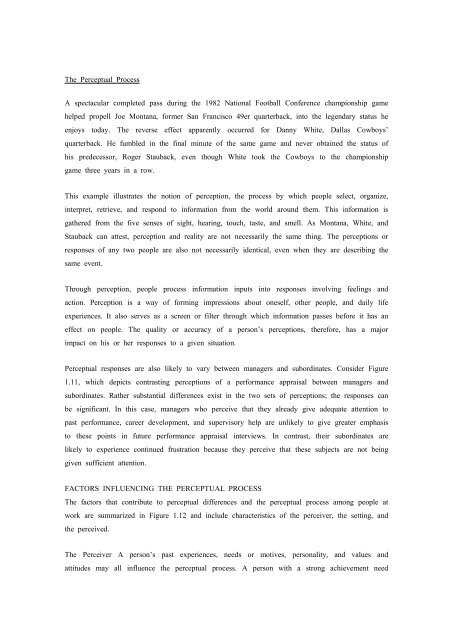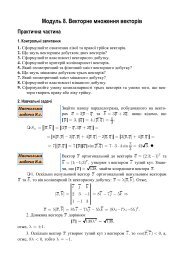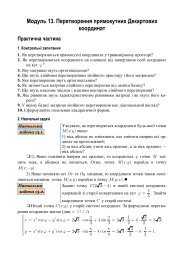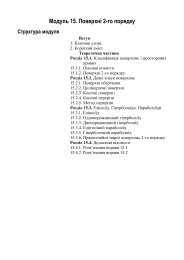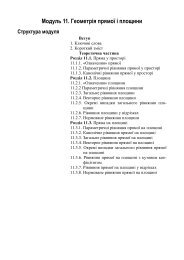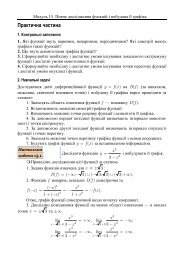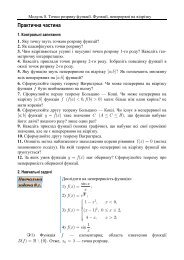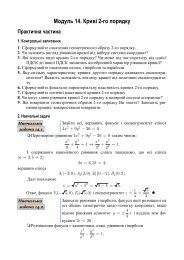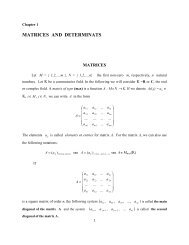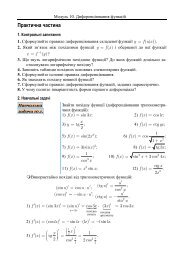4. Perception Understanding Key Concept - Uuooidata.org
4. Perception Understanding Key Concept - Uuooidata.org
4. Perception Understanding Key Concept - Uuooidata.org
You also want an ePaper? Increase the reach of your titles
YUMPU automatically turns print PDFs into web optimized ePapers that Google loves.
The Perceptual ProcessA spectacular completed pass during the 1982 National Football Conference championship gamehelped propell Joe Montana, former San Francisco 49er quarterback, into the legendary status heenjoys today. The reverse effect apparently occurred for Danny White, Dallas Cowboys’quarterback. He fumbled in the final minute of the same game and never obtained the status ofhis predecessor, Roger Stauback, even though White took the Cowboys to the championshipgame three years in a row.This example illustrates the notion of perception, the process by which people select, <strong>org</strong>anize,interpret, retrieve, and respond to information from the world around them. This information isgathered from the five senses of sight, hearing, touch, taste, and smell. As Montana, White, andStauback can attest, perception and reality are not necessarily the same thing. The perceptions orresponses of any two people are also not necessarily identical, even when they are describing thesame event.Through perception, people process information inputs into responses involving feelings andaction. <strong>Perception</strong> is a way of forming impressions about oneself, other people, and daily lifeexperiences. It also serves as a screen or filter through which information passes before it has aneffect on people. The quality or accuracy of a person’s perceptions, therefore, has a majorimpact on his or her responses to a given situation.Perceptual responses are also likely to vary between managers and subordinates. Consider Figure1.11, which depicts contrasting perceptions of a performance appraisal between managers andsubordinates. Rather substantial differences exist in the two sets of perceptions; the responses canbe significant. In this case, managers who perceive that they already give adequate attention topast performance, career development, and supervisory help are unlikely to give greater emphasisto these points in future performance appraisal interviews. In contrast, their subordinates arelikely to experience continued frustration because they perceive that these subjects are not beinggiven sufficient attention.FACTORS INFLUENCING THE PERCEPTUAL PROCESSThe factors that contribute to perceptual differences and the perceptual process among people atwork are summarized in Figure 1.12 and include characteristics of the perceiver, the setting, andthe perceived.The Perceiver A person’s past experiences, needs or motives, personality, and values andattitudes may all influence the perceptual process. A person with a strong achievement need


